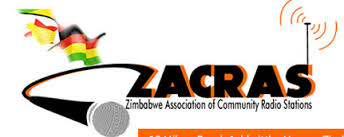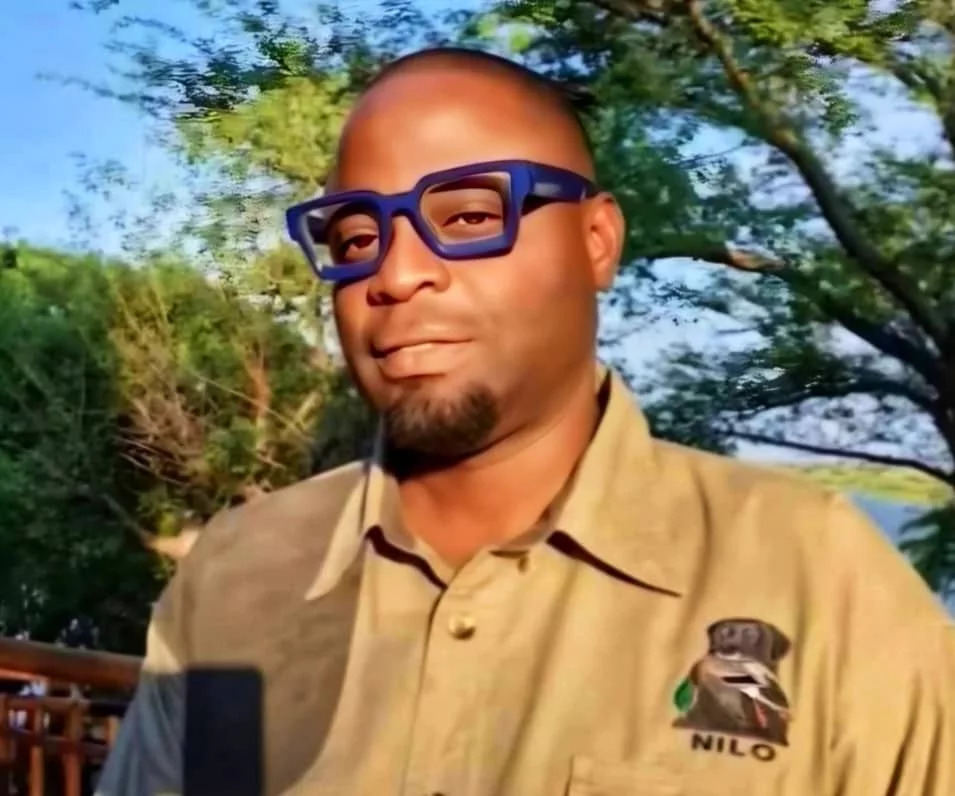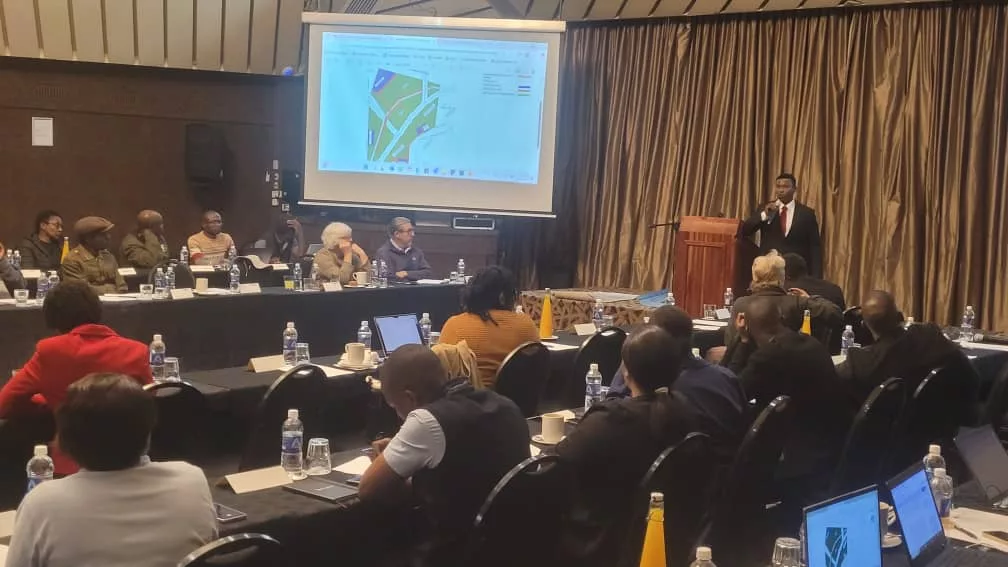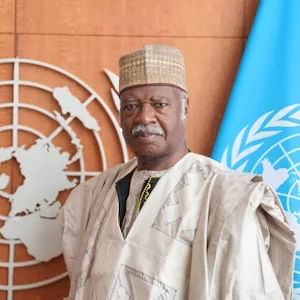|
Getting your Trinity Audio player ready...
|
By Lloyd Rabaya
The Young Journalists Association (YOJA) has applauded efforts by the Zimbabwe Association of Community Radio Stations (ZACRAS) on walking the talk on the right to information as the two held World Press Freedom Day commemorations in Harare last week.
This year’s World Press Freedom Day was held under the theme “Shaping a Future of Rights: Freedom of Expression as a Driver for all other Human Rights.”
The Young Journalists Association is an association dedicated to representing and upholding the rights of young journalists while ZACRAS is there to coordinate the three-tier broadcasting system which includes public service, community, and commercial broadcasting.
According to Section 62 of the Zimbabwean Constitution, every Zimbabwean citizen “has the right of access to any information held by the State or by any agency of government at every level, in so far as the information is required in the interests of public accountability.”
However, for other remote areas that rely on radio to access information, there was a language barrier on the public broadcasters hence the need to push for the opening of the airwaves for community radio stations.
During the first republic, community radio stations were not licensed, but with the coming in of the second republic a large chunk was licensed.
Speaking at the sidelines of the commemorations, YOJA President Richard Zimunya said as media they cannot celebrate press freedom without celebrating community radios which make sure that information is passed in every local language for the inclusion of all Zimbabweans.
“Since time immemorial we were operating without the complete three-tier broadcasting system in the country up until the second republic came; the first community radio was licensed in 2020. Community radios are key for development because they are served by citizen journalists who are from the community they are serving,” he said.
Zimunya also urged other journalists to work hand-in-glove with the community radio journalists so as to necessitate them with the professional journalism skills to gather, process and disseminate information.
“These are people who are not professional journalists but they have a passion to gather news. We need to work hand-in-hand with them to help them with skills and ethics because community members can tell better stories because they are living the reality.
Three-quarters of our licensed radio stations are in marginalized areas where media practitioners rarely go. The citizen journalists in those areas can tell the story and as professional journalists, we can package them in a better way, at the same time assisting them to do better,” he added.
The young president also assured young journalists that they continue with the journey of advocating for press freedom especially with the national elections just around the corner.
In a statement, ZACRAS said they are still engaging the government to, among others, revisit the current transmission of community radios that are on the air as their frequencies cover a radius between three to seven kilometers.
“As efforts are underway for the licensed community radio stations to go on air we continue to call upon the Government on licensing more radio stations, allowing advertising in community broadcasting and review of license fees which are currently the highest in the region,” read part of the statement by ZACRAS on the World Press Freedom day.






